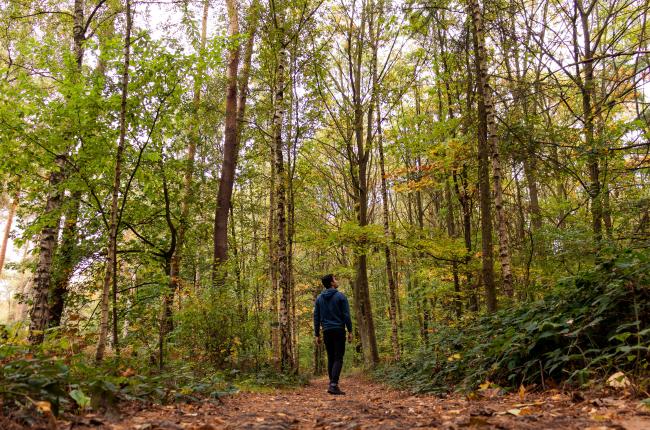The production and use of renewable forest-based energy have important local and regional level impacts in the recovery of the rural areas after the COVID-19, economically as well as socially. 88 % of bioenergy plants are small and medium scale plants located across EU.
In our messages to the European Commission we highlight that all forms of renewable energy sources should contribute to the 2050 EU climate ambitions and should be supported. In order to reach this goal, the operational climate should support the implementation of the recast Renewable Energy Directive (RED II) which is just starting. We do not find it reasonable to amend the articles 29-31 in the REDII at this point of policy development, as suggested in the inception assessment.
We are also concerned about the vague use of the word pair “unsustainable biomass”, since the very regulation of RED II contains detailed criteria for biomass sustainability as well as greenhouse gas balance.
Bioenergy developments can support forest owners in sustainably managing their forests through providing them an opportunity to get a revenue from management operations on co-products or low-quality wood. These management operations are essential to produce high value timber. EU policy framework stability and predictability regarding bioenergy developments is therefore important for the forest-based sector as a whole.
The feedback can also be found on the European Commission website here.
For more information, please contact:
Lotta Heikkonen
CEPF Policy Adviser
lotta.heikkonen@mtk.fi




